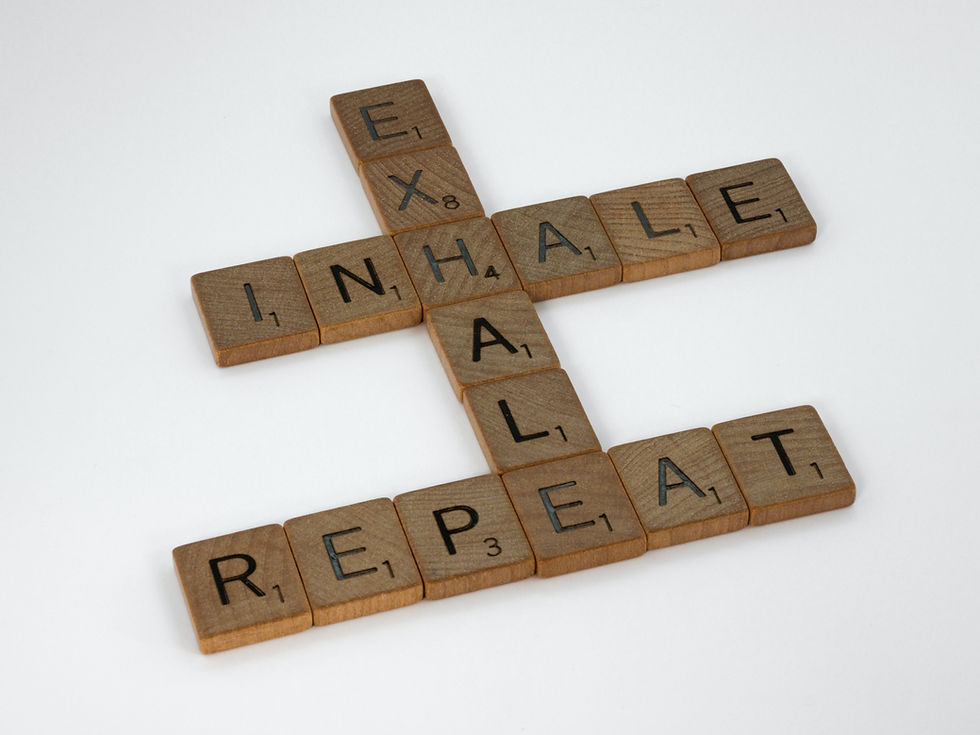DEPRESSION: Mental Health in Pregnancy and Postpartum
- Patti Rumsey

- Oct 4, 2022
- 2 min read
Updated: May 13, 2025
I was on a train recently and I spotted a mother and daughter. The mother was sitting behind her daughter as the train wasn’t crowded. The child had a book bag and was somewhere between 8 and 10 years old. She was fidgety but at one point pulled out some homework and then passed it back to her mother to be checked over. As I watched the mother, I realized her behavior was changing. I realized she was using an illicit drug.

Thoughts ran through my mind as I’m sure would yours. One thought brought me back to myself; “Why don’t we as a society see the need to care for mothers/birthing persons mental health at pregnancy and postpartum?” This, this statement is what sustains my work. You see, just like many other helping professions our work can feel lonely and isolating. But motherhood can also be particularly isolating leading to depression. Drug use can be a symptom of depression. How do we stop this chain of destruction?
Encourage pregnant people to discuss their fears and be open about their family mental health histories
Identify and utilize obstetrical practices that offer patient centered models of care to ensure community connectedness during pregnancy and beyond
Utilize services already in place such as CARERING whose nurses follow clients for a year after birth
Get to know the signs and symptoms of postpartum depression
Provide outlets for mothers of young children such as the services provided by Mind Body Baby NC a 501c3 that offers free meetups to new parents and their babies across the Charlotte Metro area
And lastly learn how to be a good listener, empathetic, and non-judgmental
Depression awareness is highlighted during the month of October. As a doula, postpartum depression is a topic that is in my mind daily. I check on my clients and their families regularly after birth and educate them on the signs of depression. I have several stories passed on to me by mothers and their families regarding how depression steals so much of their joy in the first year of their child’s life. Much is lost in our society because we haven’t yet made a concerted effort in public awareness of depression. Realizing and accepting that depression can happen to anyone at anytime is critical to mitigating some of the consequences of depression. The above resources are a few keyways to changing the stemming tide. Please reach out for help for yourself or a family member sooner rather than later.
At IVY Integrative, you can work with one practitioner or build your own team of holistic practitioners! Reach your optimum health in-person or online. Check out our Get Started page to learn how to work with us!
Author: Patti Rumsey, Doula
Disclaimer:
This information is generalized and intended for educational purposes only. Due to potential individual contraindications, please see your primary care provider before implementing any strategies in these posts.



